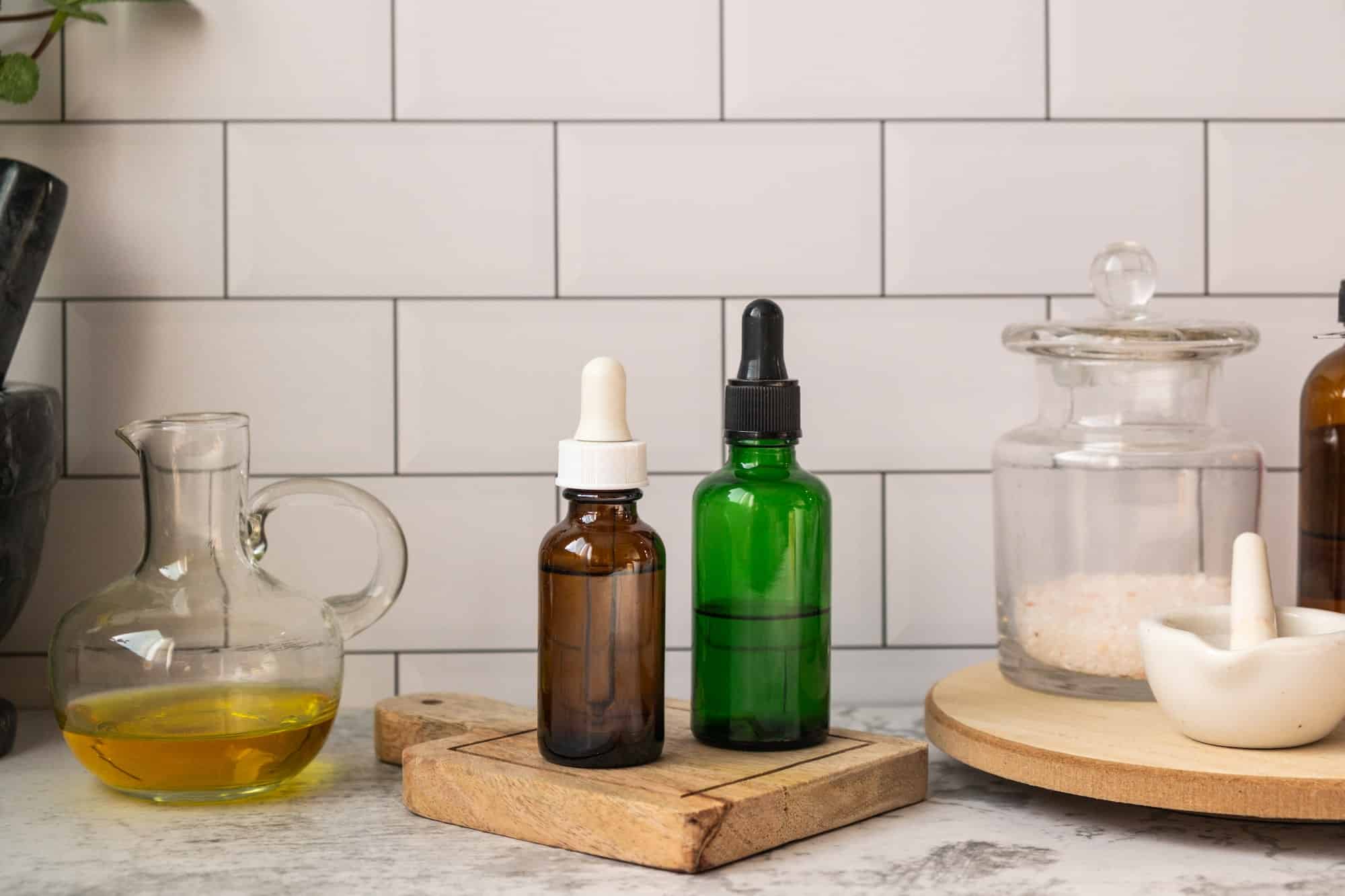Anxiety is a common trait among patients awaiting surgery. The preoperative period is a time of stress and worry, with the prospect of undergoing surgery causing a significant amount of unease. In recent years, researchers have turned their attention to the potential of alternative therapies as a means of reducing preoperative anxiety. One such therapy that has shown promise is aromatherapy. The question that remains is, "Can controlled aromatherapy sessions reduce anxiety in pre-surgery patients?"
The Link Between Anxiety and Preoperative Patients
The relationship between anxiety and surgery is one that is well-documented. Studies have found that a high percentage of patients experience preoperative anxiety, which can negatively impact their pain perception and surgical outcome. This is an issue of concern for both the patients and healthcare providers.
Avez-vous vu cela : Directory of medical intuitive practitioners
Anxiety, as a psychological trait, can lead to elevated blood pressure, rapid heart rate, and other physiological changes. These can complicate the surgical process and potentially extend recovery time. Moreover, high anxiety scores have been linked to increased postoperative pain and longer hospital stay.
Numerous studies have been conducted, and can be found on databases like PubMed and Crossref, delving into this issue. It’s clear that an effective method to manage preoperative anxiety can improve the patients’ overall surgical experience and outcome.
A lire en complément : How Does Prolonged Use of Virtual Assistive Devices Impact the Vision Health of the Elderly?
The Role of Aromatherapy in Reducing Anxiety
Aromatherapy, the therapeutic application of essential oils extracted from plants, has been studied for its potential benefits in reducing anxiety. The essential oils used in aromatherapy are believed to stimulate the smell receptors in the nose, which send messages through the nervous system to the limbic system – the part of the brain that controls emotions.
Several studies have reported positive effects of aromatherapy on anxiety levels. For instance, a study indexed on Google Scholar showed that aromatherapy, specifically with lavender, significantly reduced preoperative anxiety in a group of patients undergoing minimally invasive facial cosmetic procedures.
What makes aromatherapy appealing is its non-invasive nature and lack of severe side effects. It’s considered a safe and natural approach to manage anxiety, pain, and other health-related issues.
How Controlled Aromatherapy Sessions Work
In a typical controlled aromatherapy session, the patient is guided by a trained therapist who uses specific essential oils. The oil may be diffused into the air, applied directly to the patient’s skin, or added to a bath or massage oil.
Assessment of anxiety levels before and after the session typically involves a standard questionnaire, such as the State-Trait Anxiety Inventory (STAI). The STAI is commonly used in clinical settings to measure state and trait anxiety. The ‘state’ component evaluates the current state of anxiety, while the ‘trait’ component measures the general level of anxiety.
The efficacy of these sessions can be determined by comparing the STAI scores before and after the therapy, with a decrease in scores indicating reduced anxiety.
Aromatherapy As An Adjunctive Therapy
While there is a growing body of evidence supporting the use of aromatherapy for anxiety reduction, it’s essential to understand that it’s not a standalone treatment for anxiety disorders.
Aromatherapy can be an effective adjunctive therapy – a complementary treatment used alongside conventional therapies. For instance, combining aromatherapy with other evidence-based practices like cognitive-behavioral therapy (CBT) can provide a more holistic approach to managing preoperative anxiety.
Aromatherapy also empowers patients by giving them an active role in their care. It’s a patient-centered approach that aligns with the current move towards personalized medicine.
In conclusion (although we aren’t drawing any definitive conclusions here), it seems that controlled aromatherapy sessions do have the potential to reduce anxiety in pre-surgery patients. Yet, more research is needed, especially large-scale randomized controlled trials, to establish the effectiveness and best practices for aromatherapy in this context.
Understanding State and Trait Anxiety in Preoperative Patients
When evaluating anxiety levels in patients preparing for surgery, it’s important to differentiate between state and trait anxiety. In the realm of psychology, state anxiety is understood as a temporary, emotional reaction to a certain situation – in this case, upcoming surgery. On the other hand, trait anxiety is a more permanent characteristic, a general tendency to perceive situations as threatening, regardless of the real intensity of the threat.
A study available on Google Scholar found that both state and trait anxiety could significantly increase within the preoperative period. The study divided patients into two groups: a control group, which received usual care, and an experimental group, which participated in aromatherapy sessions. Both groups demonstrated increased state and trait anxiety scores in the immediate preoperative period. However, the experimental group showed significantly lower anxiety scores after receiving aromatherapy.
In another study indexed on Crossref Google, patients undergoing bariatric surgery underwent an assessment of their state and trait anxiety using the State-Trait Anxiety Inventory (STAI). The study found that aromatherapy massage significantly reduced both state and trait anxiety scores in these patients.
By differentiating between state and trait anxiety, healthcare providers can better understand the holistic impact of preoperative anxiety on patients and tailor treatment accordingly.
The Impact of Potential Pharmacological Interventions
Pharmacological interventions for preoperative anxiety, such as benzodiazepines, are commonly used in healthcare settings. However, these can lead to unwanted side effects like drowsiness, confusion, and impaired coordination. These effects can complicate the recovery period post-surgery and may even interfere with the patient’s ability to participate in their care actively.
With the rise of personalized medicine, there’s an increasing need for interventions that can be tailored to individual patient needs and preferences. Here, aromatherapy presents itself as a natural and non-invasive alternative to pharmacological interventions.
Several studies, accessible through databases like NCBI NLM and PubMed, have explored the physiological effects of aromatherapy on anxiety. These studies have found that aromatherapy not only reduces anxiety levels but also modulates physiological markers related to stress, such as heart rate and cortisol levels. Thus, aromatherapy can potentially offer a dual benefit – reducing anxiety while also promoting physical relaxation.
Conclusion: Aromatherapy’s Place in Preoperative Care
While the evidence thus far suggests that aromatherapy can reduce preoperative anxiety levels, it’s crucial to remember that every patient is unique and may respond differently to various interventions.
Aromatherapy has the potential to be an effective adjunctive therapy for managing preoperative anxiety. By combining aromatherapy with other proven techniques such as imagery relaxation and cognitive-behavioral therapy, healthcare providers can offer a more holistic and personalized approach to preoperative care.
However, more research is needed to solidify these findings and develop standardized guidelines for the use of aromatherapy in preoperative care. Continuing research in this area will allow us to better understand the most effective essential oils, optimal session lengths, and best practices for integrating aromatherapy into the preoperative care process.
To conclude, while controlled aromatherapy sessions show great promise in reducing anxiety in pre-surgery patients, their use should be considered within a broader, multi-disciplinary approach to patient care. The goal of preoperative care remains to minimize anxiety, optimize surgical outcomes, and enhance the overall patient experience.











